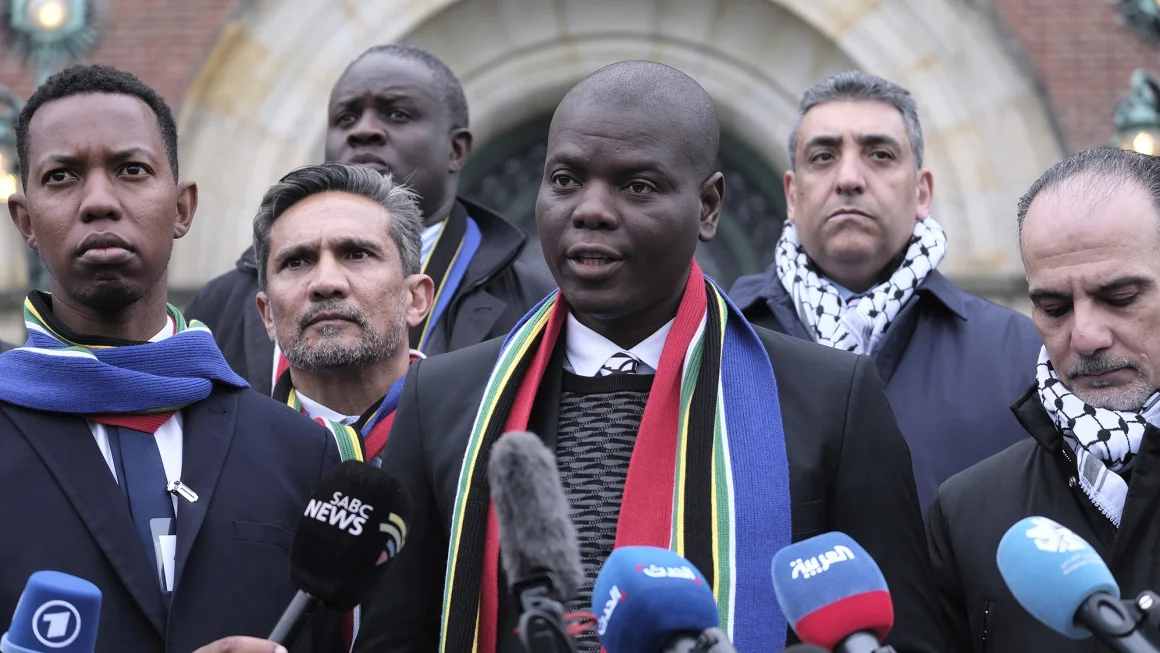The recent escalation in Gaza, triggered by Israel’s war with Hamas, has not only reignited longstanding regional tensions but also exposed a widening chasm in global politics. This divide was vividly illustrated when South Africa, armed with the support of many developing nations, brought a case against Israel at the International Court of Justice (ICJ). The reception of the South African legal team upon their return home – akin to a hero’s welcome – underscores the magnitude of this geopolitical shift. This case, grounded in allegations of Israel violating the 1948 Genocide Convention, marks a pivotal moment in international relations, highlighting the emerging fault lines between traditional Western powers and the Global South.
South Africa’s involvement in this case is emblematic of a deeper global divide. The multi-racial team of lawyers, embodying the “Rainbow Nation” ethos, represented more than just a legal challenge; they symbolized a stand against historical injustices. Nesrine Malik, a Sudanese journalist, aptly noted the symbolic importance of South Africa’s role, given its past struggles with colonialism and apartheid.
In stark contrast, Israel’s response, articulated by Prime Minister Benjamin Netanyahu, accused South Africa of hypocrisy, framing the conflict as an existential threat to Western values. His remarks highlight the deep-rooted ideological differences shaping perceptions of the Gaza conflict.
The United States and the United Kingdom, traditional allies of Israel, have maintained their support, dismissing the genocide allegations as meritless. This stance contrasts sharply with the growing discontent in the Global South, a collective increasingly critical of what they perceive as Western double standards in international law.
A policy expert, Hugh Lovatt, notes that this case is not just about South Africa’s pro-Palestinian stance but also reflects broader frustrations among Global South nations. These countries, many with histories of Western oppression, see the ICJ case as a platform to challenge the moral authority of the West and its perceived hypocrisy in international affairs.
The geopolitical implications of this divide are profound. Remi Adekoya, a political lecturer, observes that this case signifies a shift in the global order, with the West’s dominance being increasingly questioned by emerging powers. This evolving landscape reshapes international relations, challenging the traditional Western-centric world order.
The ongoing Gaza conflict and South Africa’s bold move to confront Israel at the ICJ reflect more than a regional dispute; they symbolize a broader geopolitical realignment. This case has become a rallying point for nations in the Global South, questioning the West’s prevailing narratives and moral authority. As the world watches the proceedings at the ICJ, it’s clear that the outcome will have far-reaching implications, potentially redefining the contours of global politics in the 21st century.







